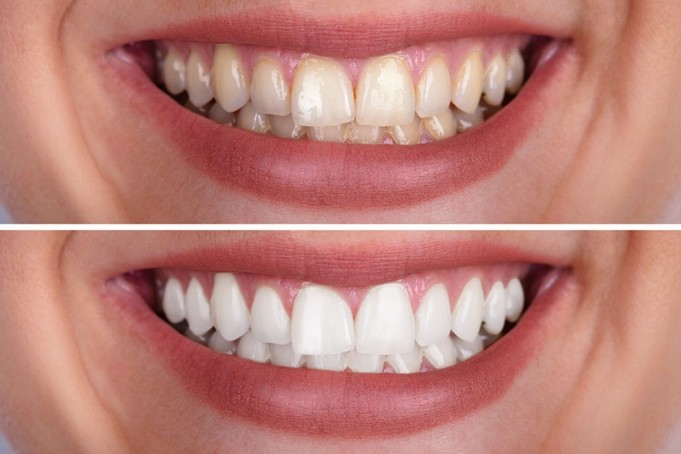People place a high value on the appearance of their smile. It’s the first thing many people see when they look at you, and as they say, first impressions are the most important.
Naturally, when you teeth don’t look their best, you may feel self-conscious and your confidence may suffer. You start wondering if people are seeing the stains on your teeth instead of seeing you.
If discoloration is bothering you and you want to do something about it, the first step is understanding the cause.
Food and Drink
Certain foods and beverages possess staining abilities that aren’t just limited to your favorite shirt. Things like coffee, tea, red wine, chocolate and cola all contain pigments that can adhere stubbornly to your tooth enamel.
Furthermore, these foods and drinks are acidic. This can damage tooth enamel and make it easier for stains to find places to settle. The best policy for avoiding stains from food and drink is prevention.
Limit these things in your daily life, because chronic use does the most damage. You may also wish to consider using a whitening toothpaste and visiting your dentist for professional cleanings.
Medications
A Manhattan beach family dentist said that there a wide variety of drugs and health products can cause staining.
Some drugs, like antipshychotics, antibiotics, blood pressure medications and antihistamines, are known to discolor teeth when taken over long periods. Some mouthwashes can also cause discoloration if they contain cetylpyridinium chloride or chlorhexidine.
If you suspect your mouthwash, stopping use can allow the problem to clear up. If you think medications caused it, professional whitening and laminate veneers are popular solutions.
Lifestyle Habits
Diet isn’t the only thing that can stain teeth. Other areas of your lifestyle can also play a part. Smoking, for example, is a common cause of tooth stains in many people.
As the tar and other residues repeatedly come into contact with your teeth, yellow or brown discoloration will be left behind. Fortunately, this can be cleared up through a combination of quitting smoking, brushing regularly and seeing your dentist for a cleaning and whitening.
Environmental Factors
Numerous environmental factors can come into play, too. For instance, high sulfur intake from municipal water supplies can cause teeth to stain black.
Excessively high fluoride from mouth rinses, toothpaste and drinking water can also lead to discoloration and even decay. Switching to bottled water and avoiding rich sources of these minerals can help prevent and reduce staining.
Tooth discoloration can be a tedious and embarrassing problem, but there are ways you can fight back. In many cases, simple avoidance and routine dental maintenance can restore your smile to its former glory.












